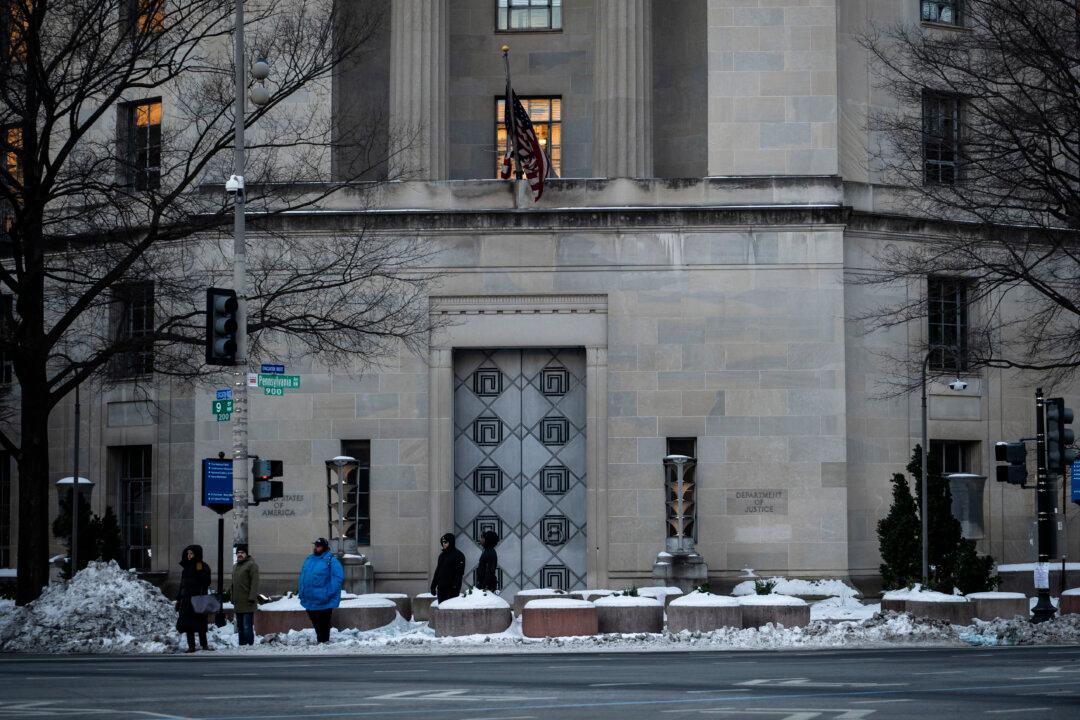The U.S. State Department on April 9 warned Americans to think twice before traveling to China owing to the Chinese regime’s “arbitrary” COVID-19 measures. It also authorized nonessential government employees and their families to leave its Shanghai consulate amid a citywide lockdown.
“Additionally, American citizens should not travel to the PRC’s Hong Kong Special Administrative Region, Jilin Province, and Shanghai municipality due to COVID-19-related restrictions, including the risk of parents and children being separated.”
Shanghai officials have imposed draconian measures taken from the communist regime’s “zero-COVID” playbook. The city has been under lockdown since March 28, and April 9 marked the fourth consecutive day of the city’s residents undergoing citywide COVID-19 testing.
U.S. Ambassador to China Nicholas Burns told Beijing he had concerns about China’s measures related to the CCP virus.
“Ambassador Burns and other Department and Mission officials have raised our concerns regarding the outbreak and the PRC’s control measures directly with PRC officials, and we have informed them about the voluntary departure decision,” according to a statement.
Chinese officials have reacted badly to U.S. criticism of COVID-19 policies. On April 9, foreign ministry spokesperson Zhao Lijian said U.S. concerns were a “groundless accusation,” according to a statement.

“Even after completing quarantine on-arrival, travelers to the PRC and Hong Kong may face additional quarantines and mandatory testing as well as movement and access restrictions, including access to medical services and public transportation,” the advisory states.
But what should be more alarming to foreigners wanting to travel to China is that Beijing arbitrarily enforces local laws for some very specific purposes.
“The PRC government arbitrarily enforces local laws, including carrying out arbitrary and wrongful detentions and using exit bans on U.S. citizens and citizens of other countries without due process of law,” according to the travel advisory.
It says the Chinese regime uses arbitrary detention to “compel individuals to participate” in local investigations and “gain bargaining leverage over foreign governments.”





